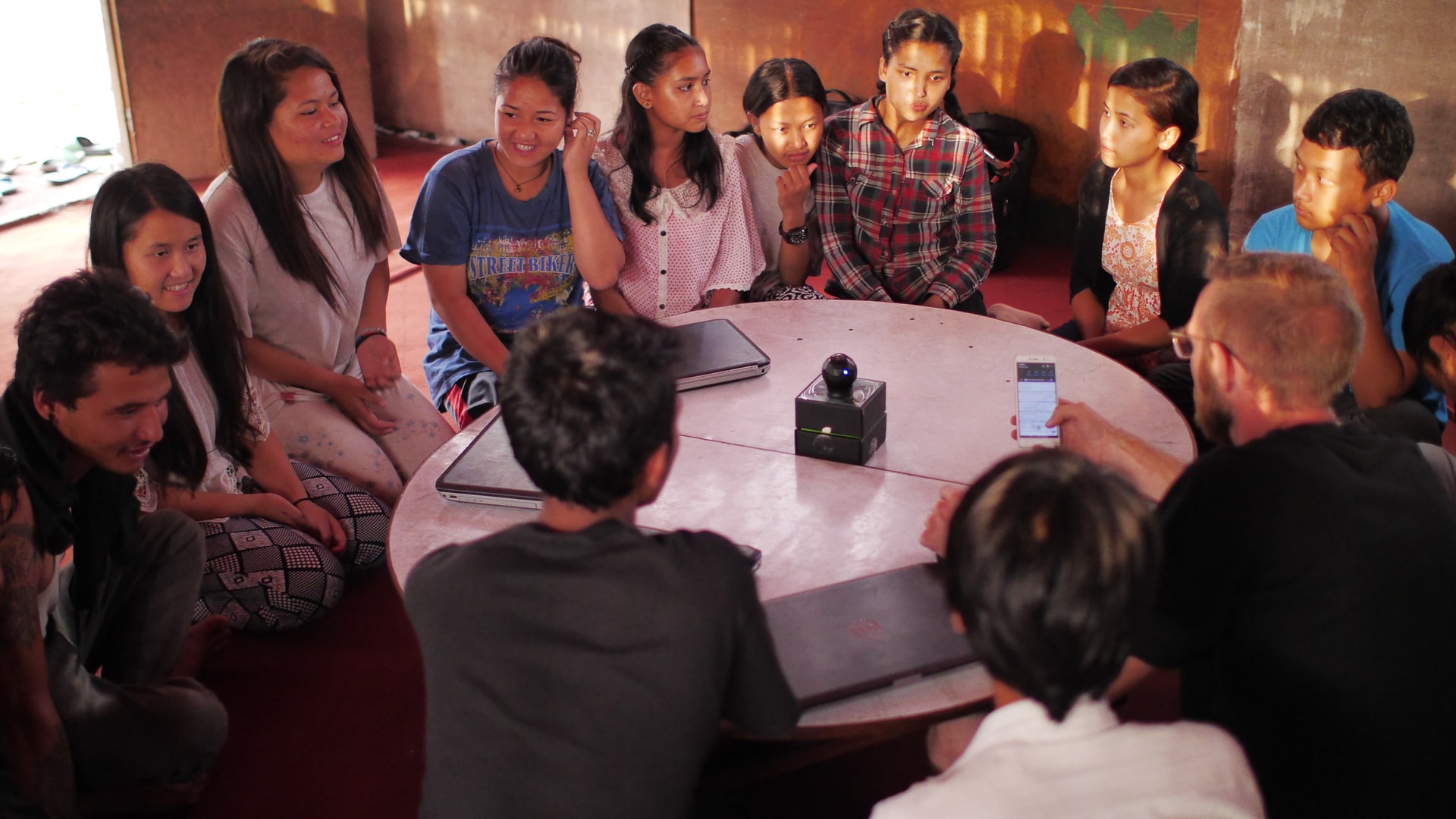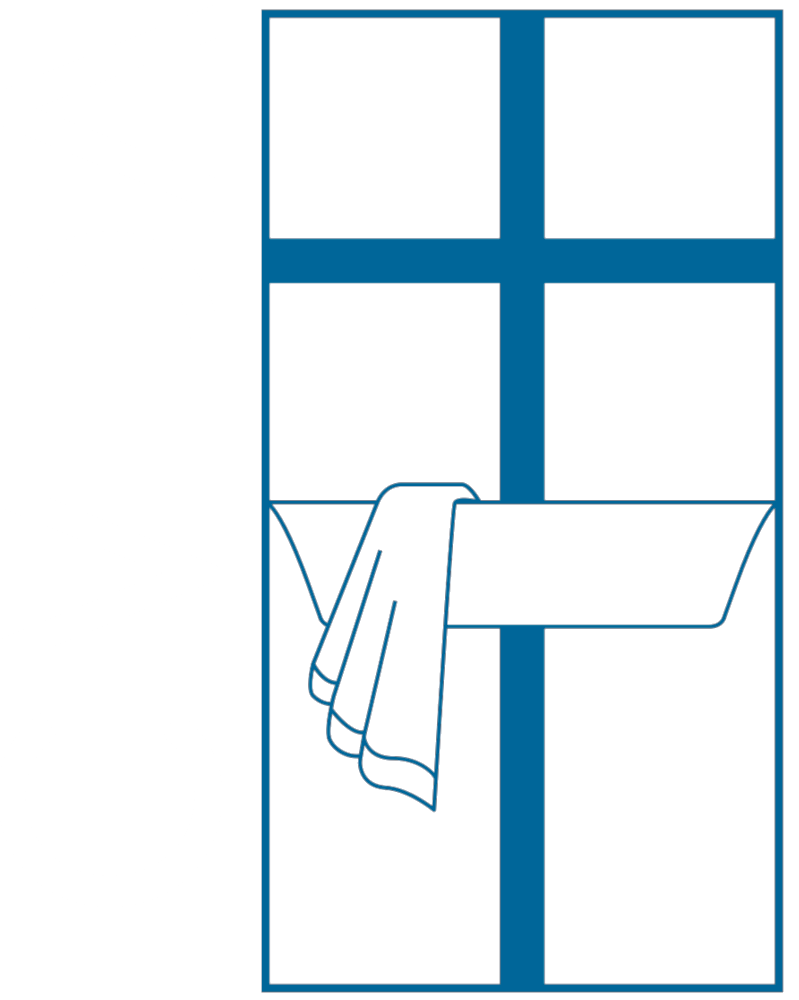Christian Global Health
in Perspective
The purpose of the course is to prepare both those trained in the medical professions and laypeople about the importance of God's plan for health and healing. All believers can be fully engaged in caring and showing the love of Jesus to the vulnerable because health concerns everyone.
Christian Global Health in Perspective
Participants will review the biblical basis for health in missions, the history of healthcare mission, culture and worldview, and current and future global health strategies. This may result in a paradigm shift for some who view disease as a focus for healing, when from a biblical perspective, wholeness, and the concept of shalom form the basis for promoting health. Other concepts to be explored include kingdom, Gospel, redemption, community transformation, and servant leadership.
By the end of the course, participants will be able to do the following:
- Articulate important principles of biblical faith and their implications for Christian ministries of health and healing.
- Compare and contrast secular worldviews and biblical worldviews and the effects of secular worldviews on current practices of health and healing.
- Examine ways to effectively communicate the principles of health and healing to individuals, families, the church, and the world.
- Plan effective strategies for the church to promote health and healing.
Curriculum
- Section 1 – Biblical Foundations for Missions
- Lesson 1 – Creation, Health, and Wholeness
- Lesson 2 – The Fall, Disease, Suffering, and Death
- Lesson 3 – Salvation, Healing, and Mission
- Section 2 – Historical Foundations
- Lesson 4 – Origins and Infancy: Jesus’ Healing Ministry to the 19th Century
- Lesson 5 – Time of Adolescence: Christian Medical Missions During the 19th and 20th Centuries
- Lesson 6 – Growing into Maturity: Christian Global Healthcare from the 20th to 21st Century
- Section 3 – Culture and Health
- Lesson 7 – Culture, Worldview, and Health
- Lesson 8 – Cultural Factors Impacting Health
- Lesson 9 – Culture and the Unseen World
- Section 4 – Strategic Innovation
- Lesson 10 – Health Promotion and Disease Prevention
- Lesson 11 – Churches, Hospitals, and Health Systems
- Lesson 12 – Leadership, Innovation, and Emerging Practices
This new course is a pilot training track featuring course authors and contributors from around the world (see here for more detail.) The training track will involve weekly interactive Zoom sessions with medical and theological professionals, group interactions, plus weekly self-study.
After the initial introduction session of Week 1, for the next ten weeks, you will be asked to read the curriculum and follow the prompts for reading assignments and response questions within Slack alongside your cohorts. In the next Zoom session, you will listen to and then work together with these experts on the subject that you have just completed studying.
There will be two to three hours of reading and responding each week, alongside one hour+ for the Zoom meeting.

Trainers
Dr Neil Thompson served with OMF as general surgeon at Manorom Christian Hospital in Central Thailand and followed by a decade of service as the OMF-US National Director, focusing on mobilization. Over the past ten years Dr Thompson has been raising awareness and mobilizing for OMF medical work in East Asia.
Dr Mike Soderling, MD/MBA, spent ten years in private OB/GYN practice in the US before moving to Central America where he served for eleven years. Dr Soderling is currently the Director of Health for All Nations which seeks to see people from every tribe, tongue and nation, experiencing the health/shalom of Jesus.
Dr Paul Hudson, MD, MPH, FACP, missionary physician and epidemiologist, served with SIM in Ethiopia, Nepal and Thailand over 30 years. Areas of service include clinical medicine, community health, discipleship and the intersection of faith and practice. Paul spent about half of his medical missionary career with SIM globally, developing gospel based approaches to HIV and AIDS, and coaching medical missionaries on three continents.
Dr. Christoffer Grundman, is the professor and chair of religion and the healing arts at Valparaiso University. He teaches courses on missiology and comparative religions, and his research includes topics related to medical missions, healing, medicine of the person, and corporeality. He has authored numerous publications, including the book Sent to Heal! The Emergence and Development of Medical Missions.
Dr. Rebecca Meyer, Ph.D., MSNed, BSN, RN, is a professor at California Baptist University. She worked for over 20 years in the PICU/CVICU, caring for the sickest and most vulnerable children. For the last 15 years, she has served on community development projects locally and globally. She takes teams of students to serve on international global practicum experiences in Southeast Asia three times a year, where the students learn to integrate their faith and discipline. She is the curriculum coordinator for this course.
Dr. Daniel O’Neill, MD, MTh is founder and managing editor of Christian Journal for Global Health, a scholarly multi-disciplinary journal. He is a writer and co-editor of the book All Creation Groans: Toward a Theology of Disease and Global Health (2021). He is Assistant Clinical Professor of Family Medicine at the University of Connecticut School of Medicine. He co-designed the Guide to Excellence in Evidence for Faith Groups from the Joint Learning Initiative for Faith and Local Communities, and leads the multi-faith Evidence Working Group of the Moral and Spiritual Imperative convened by the World Bank.
Training opportunities
Further cohorts are being planned; click here to register your interest.

